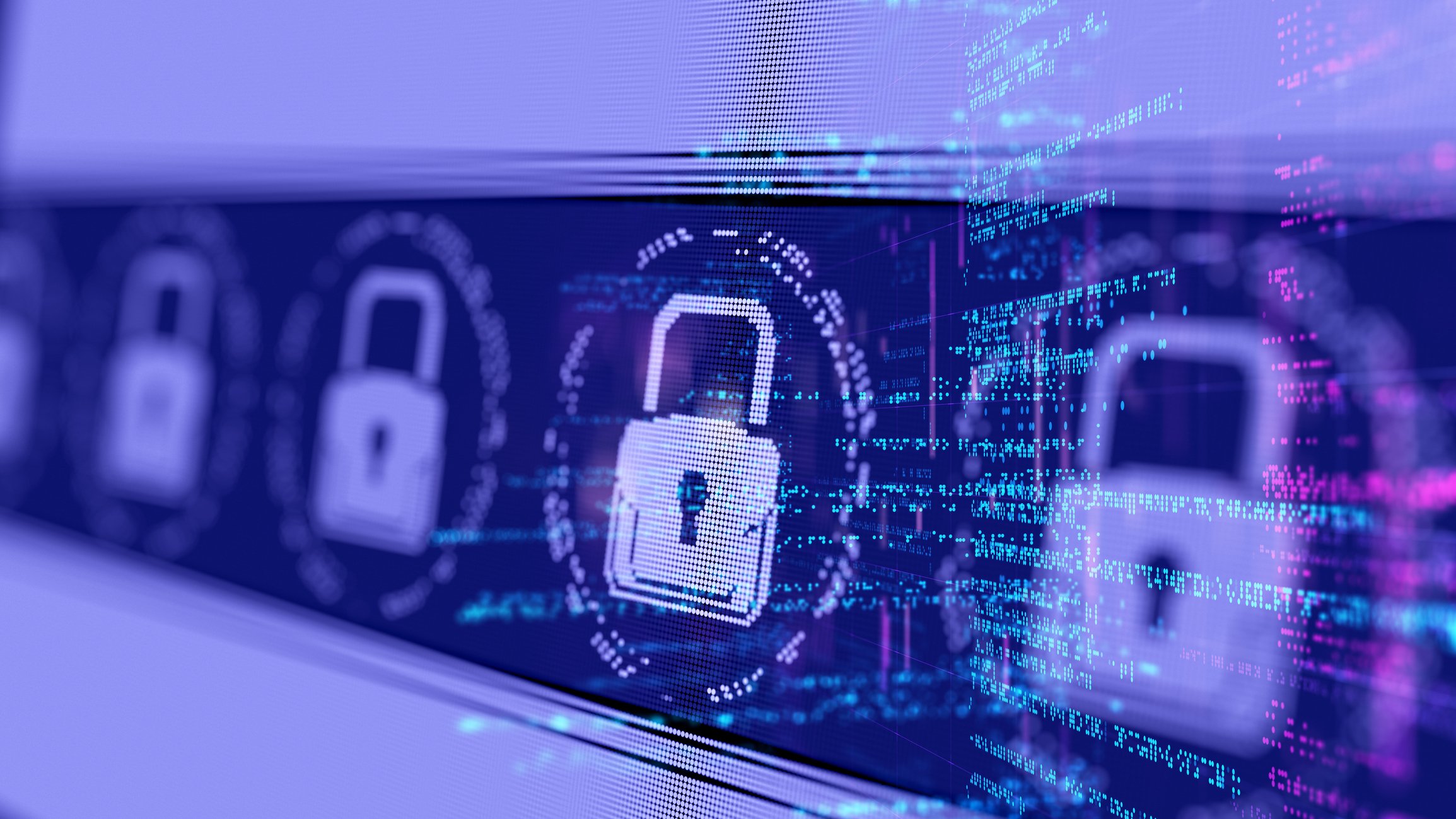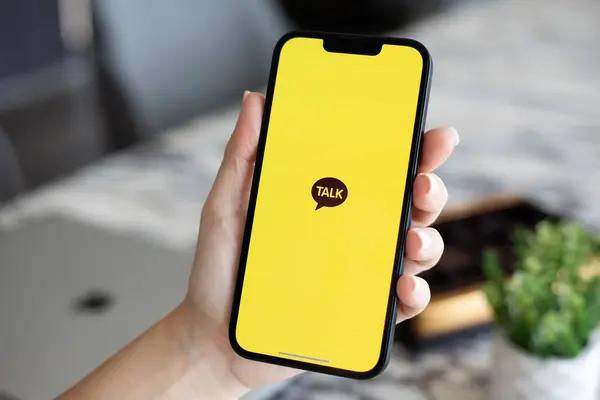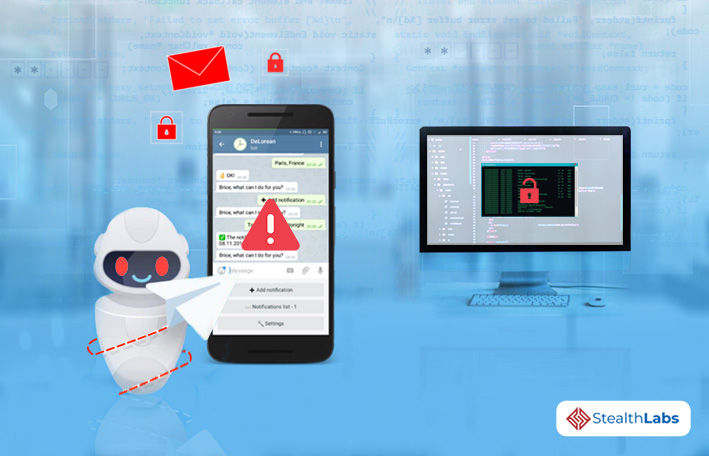With this comes the risk of cybercrime, which can include theft of personal information, harassment, and even sabotage. To stay safe online, it’s important to know the basics about social media security and how to protect yourself from digital risks.Use strong passwords: One of the most important ways to protect yourself against cybercrime is to use strong passwords. Make sure each password is at least 8 characters long and includes at least one number and one symbol. Don’t reuse passwords across different websites or services.Keep your device up-to-date: Your device is your portal into the online world, so make sure it’s updated with the latest security patches and features. Ask your device manufacturer what updates are available and install them as soon as possible.Install antivirus software: Antivirus software helps protect your computer from viruses and other malware, both online and on your desktop computer.
Make sure you have updated software installed on all devices that access the internet—your phone, laptop, tablet, https://pixelroo.com/ router—and always keep an eye on the latest Threat Level Alerts from your antivirus provider.Enable two-factor authentication (2FA): 2FA is a security feature that requires you to enter not only a password but also a unique code generated by your device or app when logging in to online accounts such as email or social media networks. The proliferation of social media has created a new era of online threats. Social media platforms are vulnerable to attacks that can include unauthorized access, disclosure of personal information, and fraud.Social media sites are also targets for cyber-crime because they provide conduits for stealing personal information and launching attacks against other users. Cyber-criminals use social media platforms to recruit victims, spread malware, and extort money from companies or individuals.Various social media platforms are particularly vulnerable to attack. Facebook is especially prone to data breaches, as hackers have been able to exploit vulnerabilities in the site’s code to steal user data. Twitter has also been targeted by attackers who used fake accounts to promote fraudulent products or spread propaganda. YouTube has been used to spread disinformation and propaganda during the 2018 U.S. midterm elections.To protect themselves against social media attacks, users should:
If you use social media platforms like Facebook, Twitter, and Instagram, it’s important to understand how your personal data is collected and used.Social media platforms are built on the premise of sharing user-generated content with friends and followers. This means that the platform collects information (such as your name, email address, and profile picture) about you and shares it with other users of the platform.To make sure that your personal data is protected online, follow these tips: Use a pseudonym when posting on social media. Your real name can identify you to third parties, who could then use this information to track your online activities or target advertisements to you. Limit the amount of personal information you share on social media. Sharing too much personal information can expose you to identity theft and other cybersecurity risks. For example, don’t include your full address or phone number in your social media profile, and don’t post pictures that would allow others easily to identify you (like your passport photo). Guard against cross-site scripting attacks.











